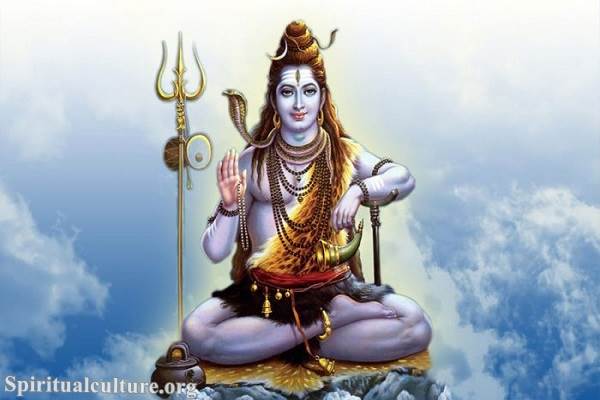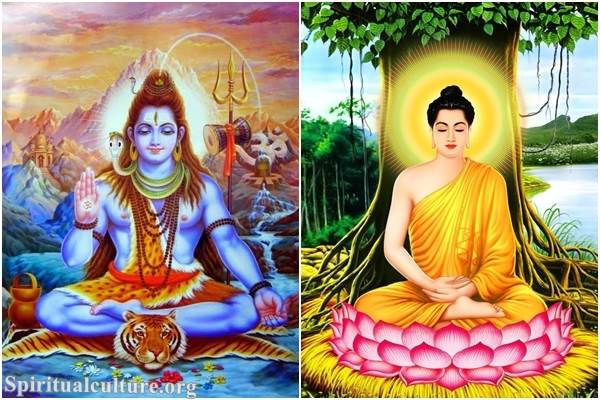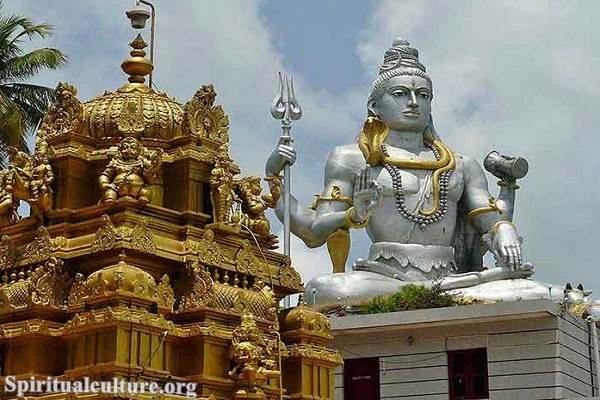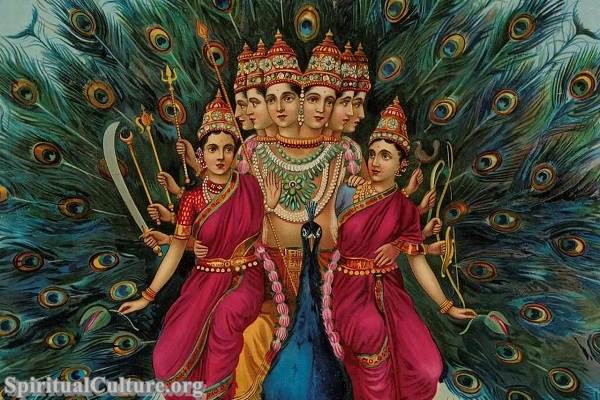Here are the four basic aims of life that every individual should strive to achieve to lead a fulfilling and meaningful life.
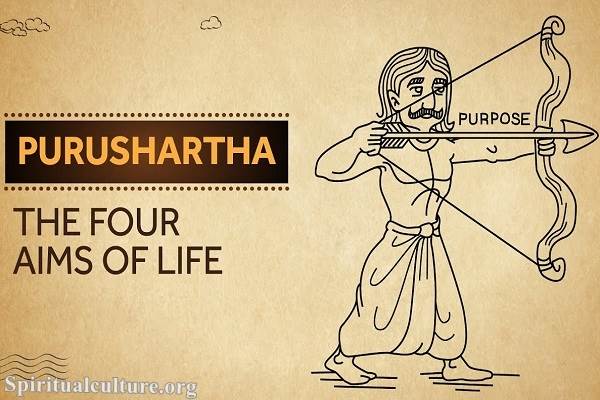
The four purusharthas are:
Dharma
Dharma is considered the most important of the four purusharthas, as it forms the basis for leading a moral and righteous life. It includes the duties and responsibilities an individual has to fulfill, such as fulfilling one’s obligations to one’s family, community, and society. It also includes the values and principles that guide an individual’s actions, such as honesty, integrity, compassion, and respect for others.
Artha
Artha refers to the pursuit of material wealth and prosperity. This includes acquiring knowledge, skills, and resources to help an individual achieve financial stability and security. It also includes the pursuit of career success and the establishment of a comfortable and secure lifestyle.
Kama
Kama refers to the pursuit of pleasure and enjoyment in life. This includes fulfilling desires and enjoying the senses through sensory pleasures, artistic pursuits, and cultural experiences. It also includes the pursuit of romantic and sexual relationships.
Moksha
Moksha is the ultimate goal of Hinduism and refers to attaining spiritual enlightenment and liberation from the cycle of reincarnation. It is achieved by realizing the true nature of the self and the union with the divine. This can be achieved through various spiritual practices, such as meditation, yoga, and devotion to a personal deity.
It is important to note that the four purusharthas are not mutually exclusive and are often seen as interconnected and interdependent. The ultimate aim is to achieve a balance between all four purusharthas and to lead a harmonious and fulfilling life.

